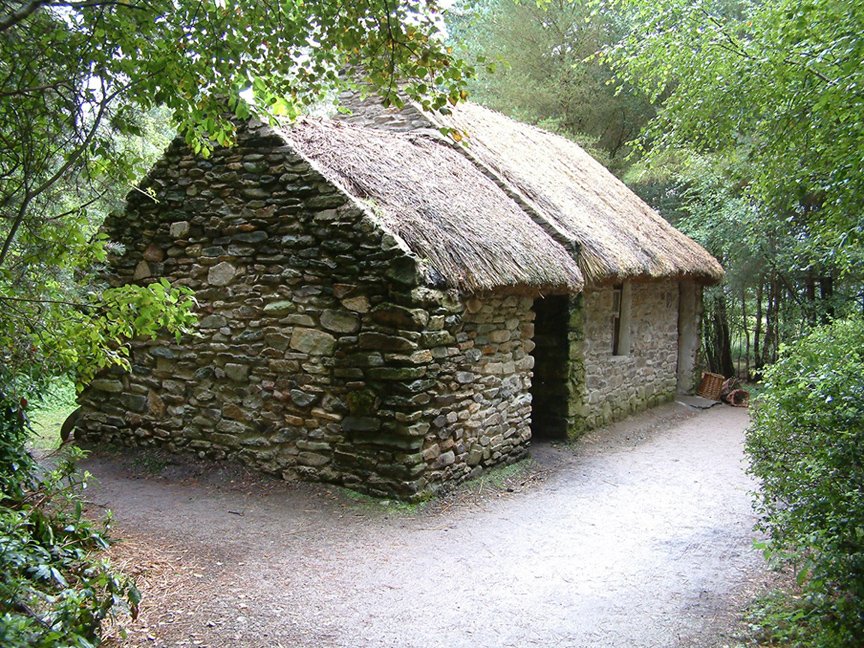What is your favorite weekend plan? Is it going out on a long drive? Let me ask you another question: Do you travel by private car on a regular basis or are you planning to get a new one for yourself?
Irrespective of your answer, you must know about your car and take good care of it. Confused? Believe me, you don’t yet know about your car. So, let me talk about something really important in a car but still less talked about: Cabin Air Filters.
Before we dive deep in, let’s first quickly understand:
What is a Cabin Air Filter?
An air cabin filter is one crucial component in any vehicle’s heating and cooling system. It helps protect the driver and the other people inside the car from contaminants in the air by removing harmful pollutants, including pollen and dust from the air within the car.
So, if you ever notice or have already noticed that your car has an unpleasant odour or the airflow has decreased, consider replacing the cabin filter to give yourself and everyone in the car, a breath of fresh air.
The filter is usually located behind the glovebox and removes the pollutants as it moves through the vehicle’s HVAC system. You are to understand that irrespective of where you are sitting whether behind the wheel or riding as a passenger in a vehicle, you deserve healthy and clean air to breathe.
According to a statistical report, it is recommended for you to change the cabin air filter every 15,000 miles. Though each manufacturer has its own recommendation regarding when to change your cabin air filter, you should not ignore the traveling areas, that is, the area where you drive also plays an important role in how often you must change your air cabin filter.
For instance, those driving in urban and congested areas or places with poor air quality might need to replace their filter more frequently and for the ones who live in a place with a desert climate, your filter might get clogged with dust faster.
What are the different types of Cabin Air Filters?
1. Charcoal Filters
Charcoal cabin air filters are used to remove large and small particles by using coal as a special ingredient to get rid of terrible odors which include cigarette smoke that is within a car and prevent exhaust fumes from reaching the driver.
2. Activated Carbon Cabin Filters
Activated carbon cabin filters work in a similar way as charcoal cabin air filters, just that it has activated carbon as the special ingredient. It absorbs harmful gases like carbon monoxide and other airborne contaminants that might enter through the ventilation system.
3. Particle Cabin Filters
Particle cabin air filters work by trapping very tiny particles before they even enter your car. They are considered to be the best filters for filtering out pollen, dust, smoke, mold, spores, bugs, strands of human hair, and other tiny pollutants.
4. Electrostatic Filters
Electrostatic cabin air filters have electrostatically charged layers so that they can attract and hold ultra-fine particles. They are excellent at removing cigarette smoke, exhaust fumes, spores, mold, bacteria, fungus, mildew, and diesel carbon and have the ability to control bad odors.
Benefits of Cabin Air Filters
1. Better HVAC Performance
There are high chances that your HVAC system must be noisy and is not supplying enough air to your car if you have never replaced your factory cabin air filter (since it must be clogged by now). Changing your cabin air filter will help you unclog your HVAC system and improve the lives of its vital components.
2. Removes Harmful and Bad Odours
Have you noticed a musty smell coming out of the ventilation system every time you turn it on? Then you must consider getting your cabin air filter replaced that has activated carbon or charcoal that absorbs bad odors. With this, you not only improve the air quality inside the car but also alleviate symptoms of motion sickness in a lot of passengers.
3. Allergic Reactions are Reduced
Are you or your passengers in the car constantly sneezing, coughing, or wheezing when you are on a weekend-long drive? Then again, it’s a prime sign that you need a new cabin air filter to take care of those allergic reactions. It traps dust, pollen, and other allergens that affect your health.
So, now that you know all that there is to know about Cabin Air Filters and their functionality, make sure that you get your cabin air filter changed if you haven’t done it yet.
 By Kavita Paliwal
By Kavita Paliwal
Author bio: Kavita is an Outreach Specialist cum Content writer. When not glued to her laptop, she can be found making travel plans that rarely happen.

